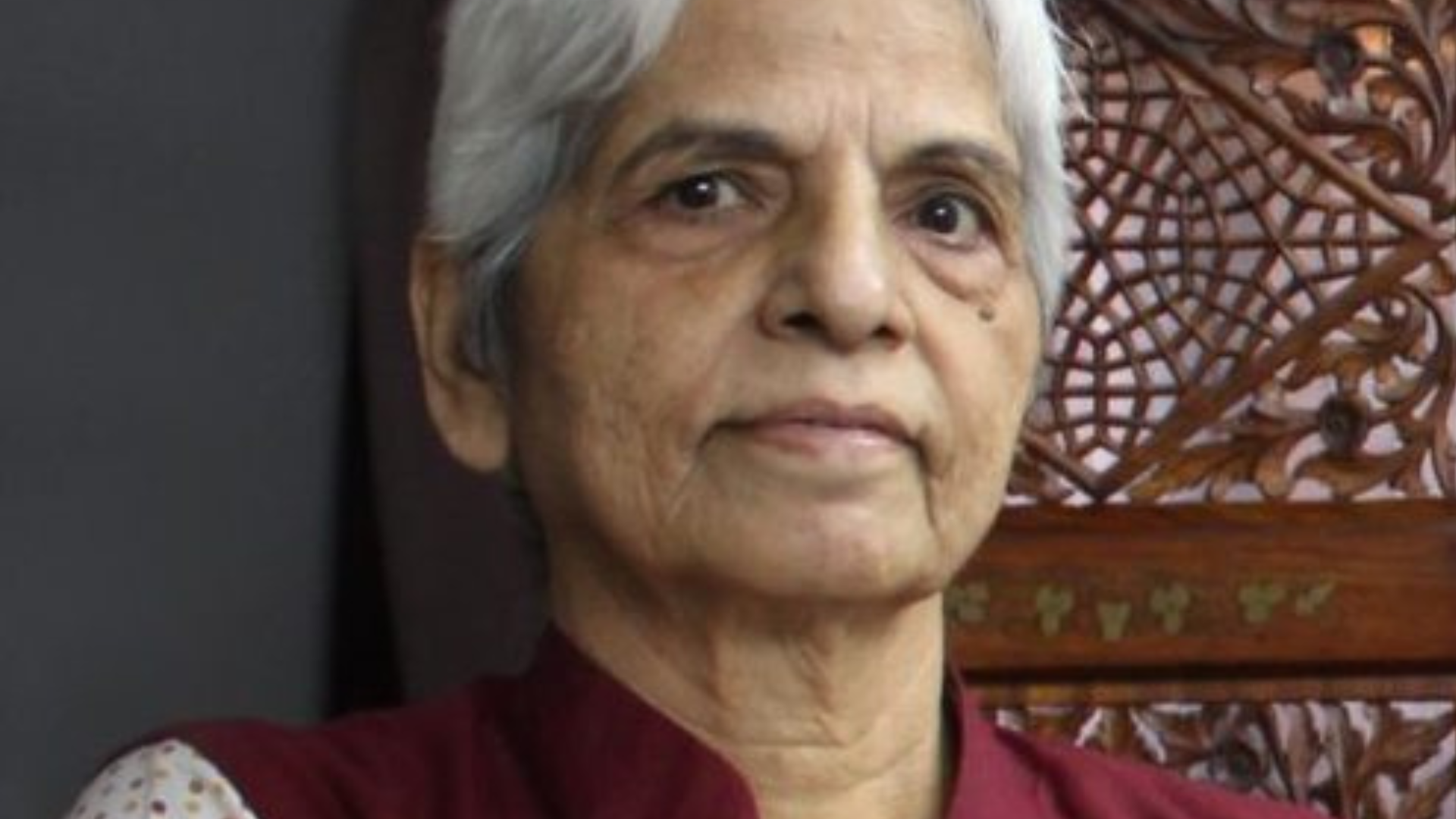
An Interview with Professor Smitherman
Interviewer: Asghar Zare Kahnamouee
Professor Geneva Smitherman is a linguist and specialist in postcolonial language policies. In addition to her research, she has also conducted many projects to preserve mother tongue in different African countries. In an interview with Asghar Zare Kahnamouee, Geneva Smitherman explains the importance of education in the mother tongue, and criticizes policies that lead to language assimilation. She states“If you ban a language and make its education illegal, you will eventually eliminate that language and eliminating that language, you will destroy the culture of that language group. They may not be psychically destroyed, but they are not themselves anymore and become others who belong to [another] language or culture. They no longer exist.”
This Michigan University professor highlights that“enacting laws that enforce language policies is a key step in preventing the extinction of languages.” She cites South African language policies as a good example, as the country has eleven official languages.
Why is mother tongue important? In general what is the reality of linguistic diversity?
Linguistic diversity is a natural thing in human life. The key is to recognize, understand, and of course respect this linguistic diversity as a natural order in the world. Here the emphasis is on mother tongue, the language that the child hears while it is being breastfed – it is for this reason why it is called “mother tongue.” It is the language we hear in the first stage of our lives. It is the language that shapes our identity and carries our culture to the future.
Why do many linguists emphasize teaching and learning the mother tongue?
It is very important that children are taught in their mother tongue since it’s the only language that children understand best. Researches around the world prove that the most effective way to teach concepts and skills to children is through their mother tongue, and what they learn stays with them for the rest of their lives.
Human communication relies mainly on language. In this case, what is the position of mother tongue?
Mother tongue education is totally natural and necessary, and it is very important and useful in human communication. Of course, humans also need a common language through which they can communicate. Although linguistic diversity is quite a natural thing, but we humans need a common language to communicate with people who are outside of our mother tongue circle. But emotions, feelings, thoughts, values, and similar notions can be best conveyed by each person’s mother tongue, and in some cases mother tongue is the only means available to convey the above mentioned concepts.
Humans are thinking creatures; how important is mother tongue in this thought process?
Language allows us to convey complex thoughts and ideas. It is through language that we can talk about the impossible, which may never occur. Language has made human progress possible. Relying on language, humanity has been able to take a major step forward and be distinguished from other animal species and established humans as most noble creatures. Hundreds of years ago, the great philosopher discussed the basis of humanity, and said “I think, therefor I am.”
Today in the twentieth century, we have come to understand that it is language that is the basis of humanity, and what makes us ”human.” Therefore, I change Descartes’s quote, and say “I speak, therefor I am.”
Today, many people are deprived of education in their mother tongue. What kind of hardship are these people faced with, especially in the field of conveying their emotion?
Mother tongue is the first teaching a child hears. Some linguists even believe that the sounds a child makes are part of its mother tongue. Theoretically, any language a child learns from the moment of birth is considered as mother tongue. Therefore, this question must be answered: Where do race, ethnicity, place of birth, etc. stand in the language teaching process? What happens if we assume that an African-American infant is separated from its mother, grows up in the arms of an American mother, and learns the language of a white American?
Theoretically, the child’s mother tongue is American and not African. On the other hand, the color of its skin, hair, and physical features show that he/she is not a white American. Hence, when he/she speaks, it is the language of a white American, but she/he is not white – and this is a paradox which can have emotional consequences, such as affecting how the child conveys love and affection.
The reverse is true as well. In this paradox, in the first place, the child may be under lot of pressure and discomfort, [and] he/she may even be subjected to jokes and be rejected by social groups.
Hence, this paradox is tragic if the person wants to adapt himself/herself with the existing situation and belong to the dominant group too – for example have a romantic relationship with someone in that group. This black person gradually will adapt his identity with the white surroundings. These are very difficult situations, but are not impossible. We have many examples where people’s love surpassed the different languages , cultures, religions, etc.
In some countries language assimilation policies are being pursued. To what extend are these policies in contradiction with human rights, and how are mother tongues eliminated in the process?
In the situations of domination and colonization, the language of the dominant group is kept in a higher position, and it dominates all political, social, administrative spheres. This language becomes the language of books, schools, universities, music, movies, etc. In this circumstance, the dominating language becomes the official language, and it’s considered very sacred and is seen as a language that has high value.
Such [an] attitude confirms the social and structural inequalities in society. This is what imminent linguist, Robert Philipson refers to as “linguistic imperialism.”
Racists and extremist nationalists have made great efforts throughout history to destroy the mother tongue of other peoples. How do you think these policies should be prevented?
Governmental and educational policies dominate the language of the dominant group and make the use of other languages illegal. It should be noted that if you ban a language and make its education illegal, you will eventually eliminate that language and [by] eliminating that language, you will destroy the culture of that language group. They may not be psychically destroyed, but they are not themselves anymore, and become others – who belong to [another] language or culture. They no longer exist.
Laws and policies that enforce multilingualism can play a major role in preventing the elimination of language groups. Enacting laws that enforce language policies is a key step in preventing the extinction of languages. South African language policy is a good example of this. South African politicians have established eleven official languages for the country, including English, Afrikaans, and South African indigenous languages The first two languages, English and Afrikaans, were the only official languages during apartheid.
Specifically, who is violating the rights of the mother tongue? From a legal point of view, how unlawful is it to prevent the teaching of the mother tongue by the dominant ethnic groups in different countries? Is litigation possible?
Opposition to mother tongue education as a tool can deprive thousands of children whose mother tongue is other than the official language of the country. This makes these children illiterate and lack the necessary skills [to] adapt to the global needs of the 21st century. These people are always exposed to poverty and social inequality. Yes, this is a crime. An advanced democratic society enacts laws to prevent such (linguistic) slaughter against children.
Some associate mother tongue education with national security risks. Does mother tongue education by ethnic groups within a country really endanger the security of countries?
It is ridiculous to think that speaking and educating ethnic groups in their own language could jeopardize national security. Linguistic diversity is an asset, not a debt, and an opportunity, not a threat. Linguistic diversity is an issue that actually exists. It is a completely natural part of human life. Our goal and effort should be for all ethnic groups living in a country to be able to speak and write their own language.
Note: This interview has been published by the End of Monolingualism Campaigners’ permission.


